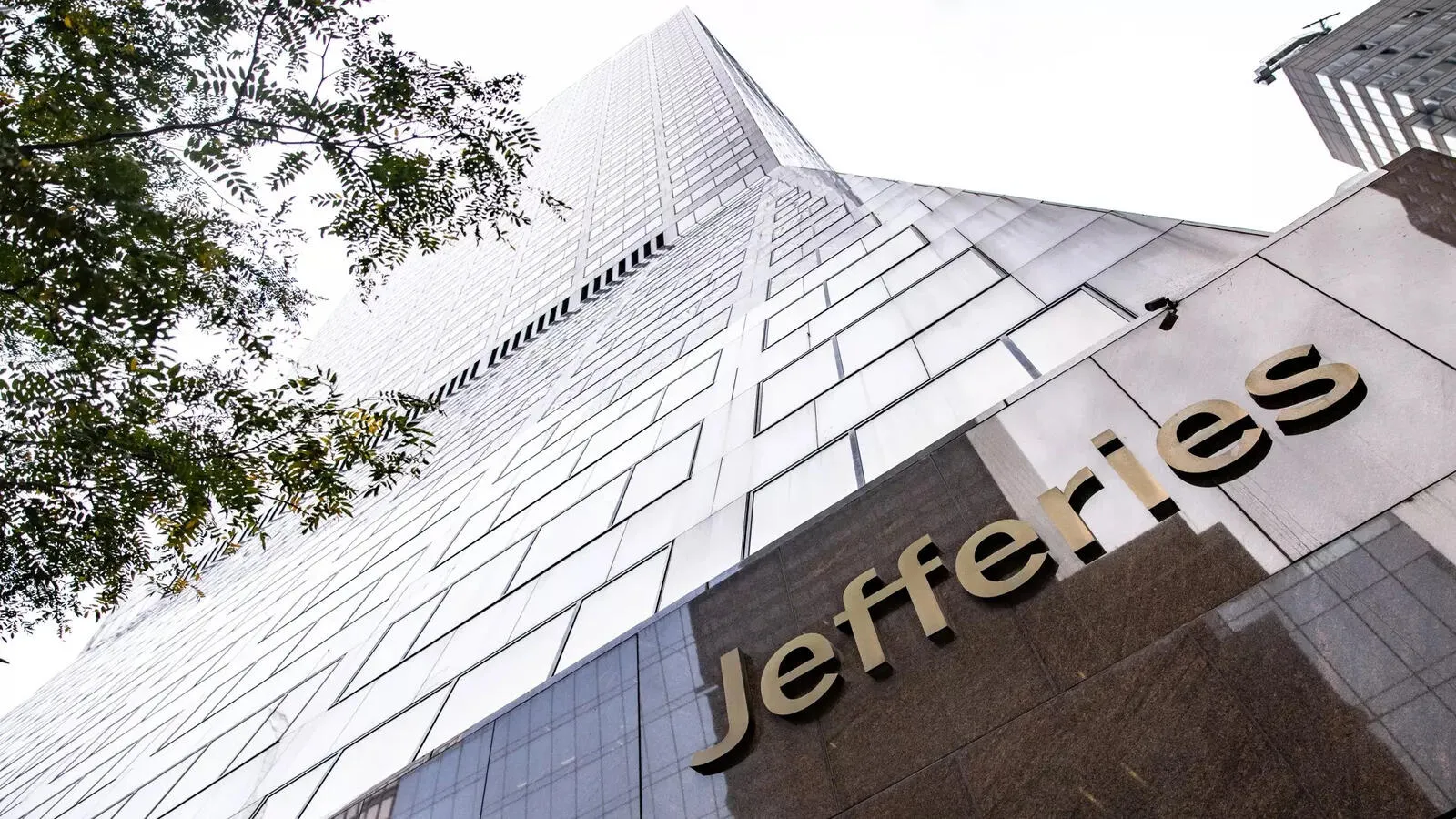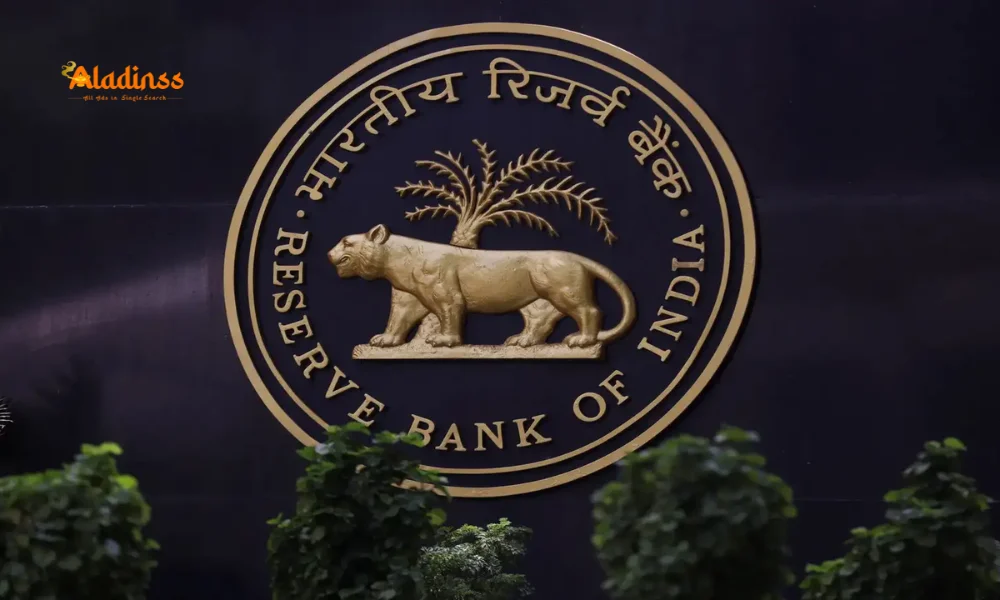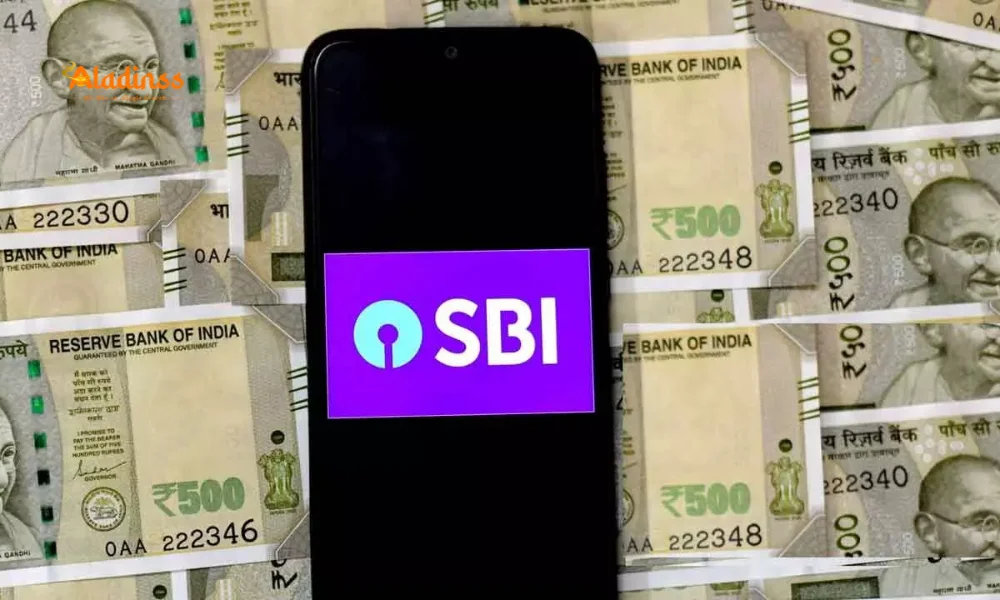Jefferies Top Stock Picks: 25 Indian Stocks Poised for Long-Term Growth in 2025

Jefferies Top Stock Picks: 25 Indian Stocks Poised for Long-Term Growth in 2025
Global financial firm Jefferies has unveiled a curated list of 25 top bottom-up stock picks for long-term investment in India, driven by improving market sentiment, domestic tax reforms, a favorable macroeconomic outlook, and rationalizing large-cap valuations. The brokerage highlights companies like Reliance Industries, HDFC Bank, and ICICI Bank as key players, expecting robust growth across sectors like banking, petrochemicals, IT, pharmaceuticals, and real estate. These selections are based on a bottom-up approach, prioritizing individual company fundamentals over broader market trends.

Why Jefferies is Bullish on Indian Stocks
India’s stock market is witnessing renewed optimism in 2025, fueled by a combination of domestic policy reforms, a robust economic growth trajectory, and improving India-US trade relations. Jefferies notes that large-cap valuations, which had previously been stretched, are now aligning with more reasonable levels, making it an opportune time for long-term investments. The brokerage anticipates a 10% rise in the Nifty 50 index by December 2025, with a target of 26,000, driven by an expected 13% earnings growth in FY26. Sectors such as banking, telecom, real estate, and industrials are projected to lead this growth, with companies demonstrating strong fundamentals being the focal point of Jefferies’ recommendations.
The bottom-up approach emphasizes individual company performance, focusing on factors like earnings potential, asset quality, and growth catalysts. This strategy contrasts with top-down investing, which prioritizes macroeconomic trends or sector performance. Jefferies’ confidence is further bolstered by India’s resilient economic indicators, including a projected GDP growth pickup in 2025, supported by increased government spending and improved liquidity following a 50-basis-point cash reserve ratio (CRR) cut by the Reserve Bank of India (RBI) in September 2025.
Key Stock Picks: Reliance, HDFC Bank, and ICICI Bank
Reliance Industries
Reliance Industries, a conglomerate spanning energy, retail, and telecom, is a cornerstone of Jefferies’ portfolio. The brokerage projects an 11% consolidated EBITDA compound annual growth rate (CAGR) over FY25-28, driven by strong performances in Jio (22% growth) and retail (14% growth). Jefferies highlights untapped value in Reliance’s FMCG, data center, and New Energy ventures, noting that the stock’s current valuation, trading at a one-standard-deviation discount to its long-term forward EV/EBITDA, implies zero value for these emerging businesses. With a target price of ₹1,670, Jefferies sees a 21% upside, supported by improving visibility on double-digit EBITDA growth in FY26.
HDFC Bank
HDFC Bank, India’s largest private sector bank, is a top pick due to its robust growth momentum and stable asset quality. Jefferies expects a 16% CAGR in deposits and a 12% CAGR in loans through FY25-28, with credit costs projected at 55–65 basis points. Despite anticipated margin compression of 30 basis points in FY26 due to RBI rate cuts, improvements in loan and funding mix, along with better cross-selling, are expected to support core profits. The bank’s valuation, at 19 times FY26 price-to-earnings (P/E) and 2.3 times FY26 adjusted price-to-book (PB), is attractive compared to global peers. Jefferies assigns a target price of ₹1,200, based on 2.5 times September 2027 adjusted PB, signaling strong re-rating potential.
ICICI Bank
ICICI Bank stands out for its ability to deliver both growth and quality, with Jefferies forecasting a 15% CAGR in loan growth and credit costs of 50–70 basis points. The bank’s low loan-to-deposit ratio (LDR) and healthy deposit growth position it to outpace peers in credit expansion. While rate cuts may compress net interest margins (NIMs) by 25 basis points in FY26, controlled discretionary costs are expected to drive cost synergies and earnings growth. Trading at 2.6 times FY26 adjusted PB and 17 times adjusted P/E, ICICI Bank commands a premium valuation, justified by its strong fundamentals. Jefferies sets a target price of ₹1,760, reflecting a 2.7 times September 2027 adjusted PB valuation.
Other Notable Picks in Jefferies’ List
Beyond Reliance, HDFC Bank, and ICICI Bank, Jefferies’ 25-stock portfolio spans diverse sectors, reflecting India’s multifaceted growth story. Key highlights include:
- Coforge: An IT services firm with a $1.55 billion order book, expecting 28% revenue growth in FY26 and a 23% EPS CAGR through FY26-28.
- Adani Ports: Poised for growth in logistics and port operations, with strong EBITDA margins and infrastructure expansion.
- Jindal Stainless: India’s largest stainless steel producer, expected to benefit from a 10% volume CAGR and a 20% EPS CAGR over FY25-28, with a target price of ₹900.
- GMR Airports: India’s only listed private airport operator, projected to achieve a 26% EBITDA CAGR over FY25-28, driven by rising traffic and real estate monetization.
- Max Financial Services: A structural play on India’s life insurance growth, with a target price of ₹1,900, based on 2.1 times September 2027 P/EV.
The portfolio also includes companies like Bharti Airtel, TVS Motor, Hindustan Aeronautics, JSW Energy, and Lodha Developers, reflecting Jefferies’ focus on sectors with double-digit earnings growth, such as telecom, automobiles, defense, power, and real estate.
Unique Analysis: Impact on Mumbai’s Financial Ecosystem
Mumbai, India’s financial capital, stands to benefit significantly from Jefferies’ bullish outlook on stocks like HDFC Bank, ICICI Bank, and Reliance Industries, all headquartered or with major operations in the city. As home to the BSE and NSE, Mumbai’s financial ecosystem thrives on investor confidence and capital market activity. Jefferies’ endorsement of these large-cap stocks could drive increased trading volumes and retail investor participation, particularly among the city’s 1.2 crore demat account holders, who represent 12% of India’s total, according to SEBI data from August 2025.
The banking sector, a key pillar of Mumbai’s economy, is likely to see heightened interest, with HDFC Bank and ICICI Bank employing over 50,000 professionals in the city. Their projected growth could stabilize local job markets, which faced a 3% hiring slowdown in 2025 due to global economic uncertainties. Additionally, Reliance Industries’ diversified operations, including Jio’s telecom dominance and retail expansion, contribute significantly to Mumbai’s GDP, with the company’s market cap of ₹19 lakh crore accounting for nearly 8% of the BSE’s total market cap. Jefferies’ target price of ₹1,670 for Reliance could spur further investment in Mumbai-based mutual funds and wealth management firms, boosting the city’s financial services sector.
However, Mumbai’s investors should remain cautious of external risks, such as potential US tariffs under the proposed 2025 Trade Act, which could impact Reliance’s energy exports and banking sector liquidity. Despite these challenges, Jefferies’ focus on Mumbai-based companies reinforces the city’s status as a hub for long-term wealth creation, potentially attracting more foreign institutional investors (FIIs) to the region’s capital markets.
What This Means for Investors
Jefferies’ stock picks offer several implications for investors:
- Long-Term Growth Potential: Stocks like Reliance, HDFC Bank, and ICICI Bank are poised for double-digit earnings growth, offering stability and upside in a volatile market.
- Sector Diversification: The portfolio’s mix of banking, telecom, IT, and infrastructure stocks provides a balanced approach to capitalize on India’s growth story.
- Valuation Opportunities: Current valuations, particularly for Reliance and banking stocks, suggest undervaluation, with potential for re-rating as earnings improve.
Investors should monitor external factors, such as RBI rate cuts and global trade policies, which could influence short-term performance. Posts on X, using hashtags like #StockMarketIndia and #JefferiesPicks, indicate strong retail investor interest, though some caution against over-optimism due to potential earnings downgrades in FY26.
Comment / Reply From
No comments yet. Be the first to comment!









